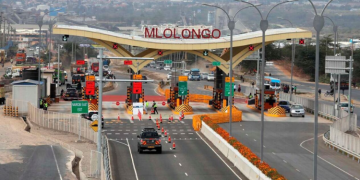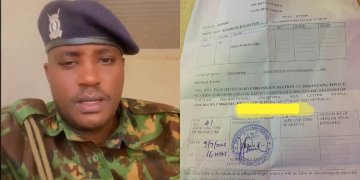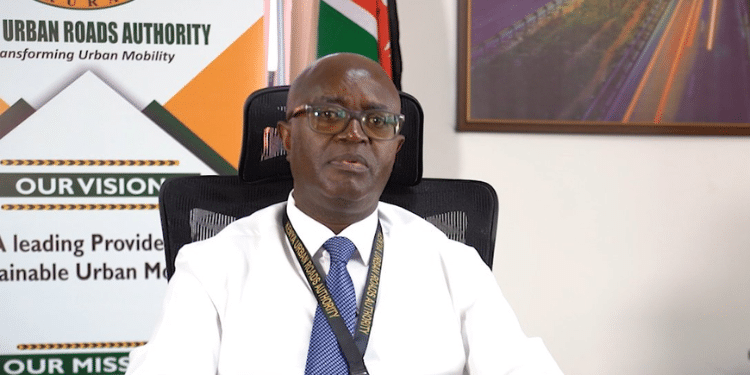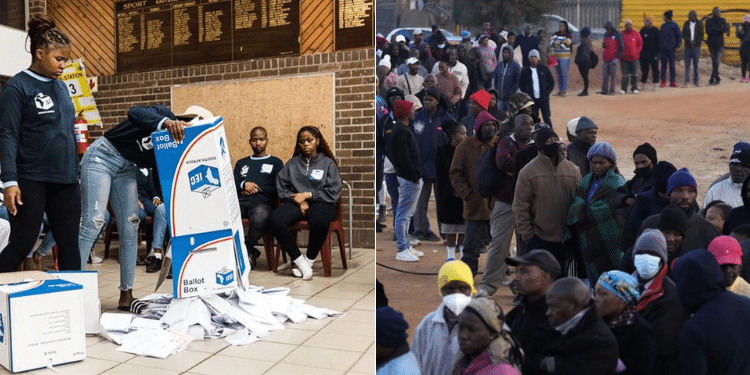South Africa held their national election on Wednesday May 29 that could be the country’s most hotly contested in 30 years since the end of Apartheid in 1994.
In a country with a population of 62 million and nine provinces, more than 27 million South Africans registered to vote to decide the formation of their national and provincial legislatures and for the first time, independent candidates competed in the elections.
As of Thursday, May 30, counting was underway as the Independent Electoral Commissions (IEC) reports indicated that only 11.37 percent was complete covering 2,648 of 23,293 voting Districts.
African National Congress (ANC) was leading at the forefront with 42.83 percent followed by Democratic alliance with 25.56 percent then Economic Freedom (EFF) with 8.28 precent.

How the President of South Africa is Elected
By law, the election commission has seven days to release full provisional results, but elections officials have said they are planning for a Sunday June 2 announcement.
However, unlike the Kenya system where voters elect their president directly, the South African political system allows people to vote for parties and not directly for the president in their national elections.
Also Read: Julius Malema: Rise of South Africa’s Firebrand Politician Giving Ramaphosa Sleepless Nights
Voters choose the parties by electing members of the National Assembly who decide the makeup of Parliament.
The president is elected in Parliament after the national vote’s results are announced where the voted parties then get assigned seats in Parliament according to their share of the vote.
South Africa’s Parliament has two houses, and it is the lower house, or National Assembly, that chooses the president.
The lower house of parliament currently includes 14 political parties represented by 400 members, allocated proportionally based on the votes each party received in the 2019 elections.
Additionally, the new 400 elected law makers then select the head of state by a simple majority where 201 or more votes determine the presidency.
Also Read: Details of New Bhang Law Ramaphosa Signed Hours to South Africa’s Election
Also to note, the new elected Parliament must meet for its first session within 14 days of the election results being announced to choose the Head of State.
What Happens if the Ruling ANC Does Not Secure the Majority
ANC has always had a parliamentary majority since 1994, and every president since then has been from the party, starting with Nelson Mandela.
It has been almost procedural over the last three decades for the ANC to use its parliamentary majority to elect its leader as president of the country.
If the ANC secures more than 50 percent of the seats, President Cyril Ramaphosa, 71, will most likely be re-elected as president to serve his second and final five-year term.
However, should it happen otherwise, then the ANC will need to try to make a deal with other parties to form a coalition government, with the choice of coalition partner depending on their distance from the 50 percent mark.
Also, it’s possible that several opposition parties could merge to oust the ANC completely from government and Ramaphosa as president if they don’t have a majority.
Follow our WhatsApp Channel for real-time news updates!
https://whatsapp.com/channel/0029VaB3k54HltYFiQ1f2i2C










































































